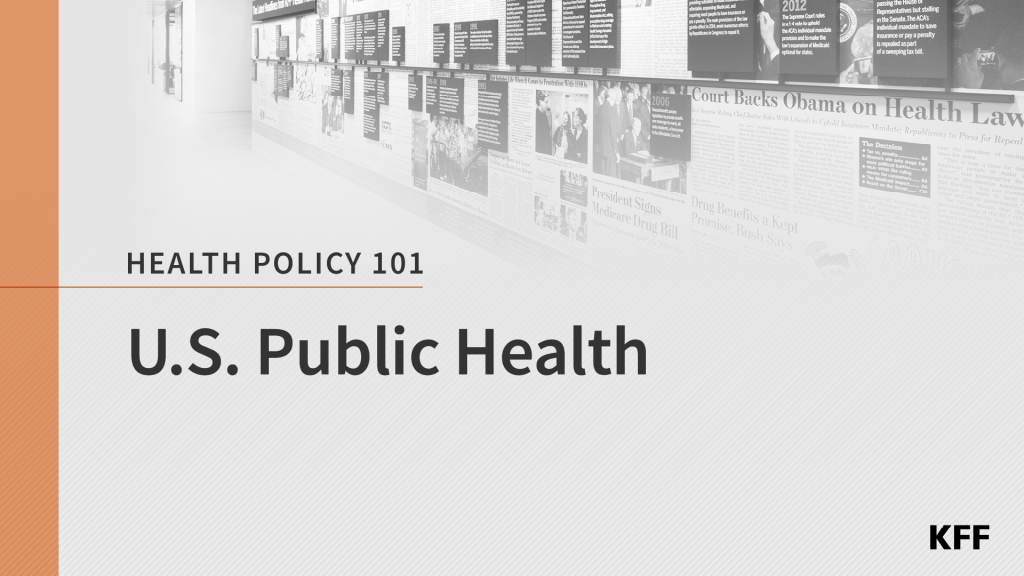How Does the Federal Government Monitor Vaccine Safety?
This issue brief gives an overview of the main systems used by the federal government to track vaccine safety and adverse events following vaccinations. The brief reviews the history of federal vaccine safety systems, describes the key systems and their strengths and limitations, and also discusses how vaccine safety issues have become the subject of more scrutiny under the Trump administration.
